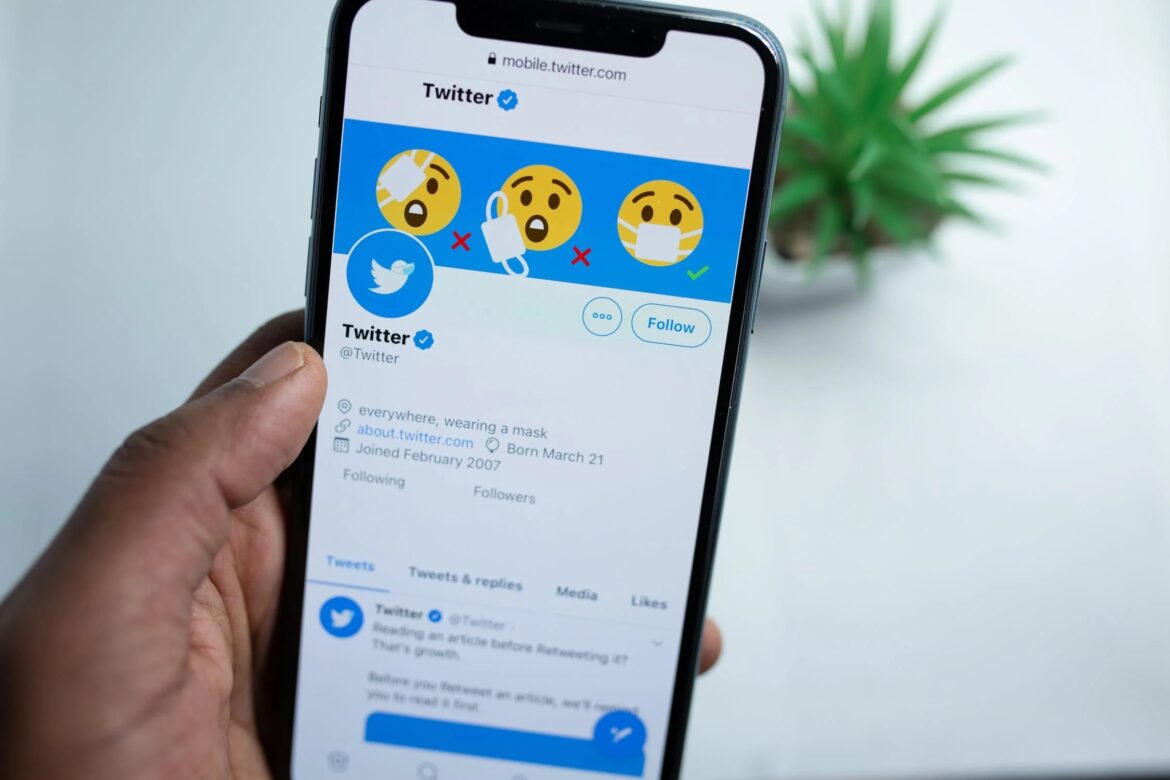One of the most common and ill-informed judgments is that the prevalence of social media is fueling a wave of anxiety and depression in adolescents.
This, despite the fact that many studies have shown only weak correlations that extend both ways.
In other words, some studies show a slight correlation between increasing social media usage and mental health problems, while other studies actually show the opposite.
Regardless, the literature is so scant and inconclusive that it’s irresponsible to make the oft-repeated claim that “SOCIAL MEDIA IS WRECKING OUR KIDS’ MENTAL HEALTH.”
(Now, it might be wrecking our civic culture, but that’s a different topic).
I often wonder if parents adopt that CAPS LOCK mantra because it’s a convenient excuse for poor parenting. Blame it on the corporation. That sort of thing.
And a brand new study suggests, once again, that there’s no significant link between social media usage and mental health issues in adolescents.
Further, as the authors note, it’s an unusually strong study because it measures responses over a six year time period.
You can read a good review of the study in SciTech Daily, but Norwegian researchers found that over a 6 year period (following kids from the time they were 10 years old to 16 years old), there was absolutely no difference in symptoms of anxiety and depression between youngins’ who used social media a lot and kids who didn’t.
In other words, kids’ likelihood of experiencing anxious and depressive symptoms didn’t rise or fall based on how much they logged into and liked or commented on whatever through whichever platform they used.
A study like this probably won’t even chip away at the hardened view in the media and around kitchen tables that social media is to blame for teen angst, but it’s awfully important because to address a problem, you have to figure out a cause.
And it appears that the rise in depression and anxiety likely lies elsewhere, and it might be anywhere from increasingly broken homes to increasingly broken schools to increasingly neglectful parenting.
But (probably) not TikBookChatXGram.
[Free stock photography: Pexels].

